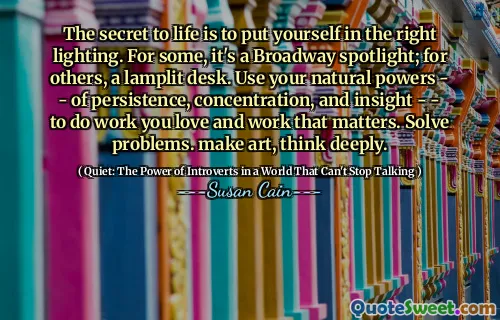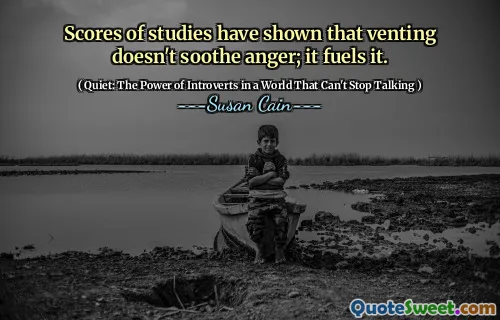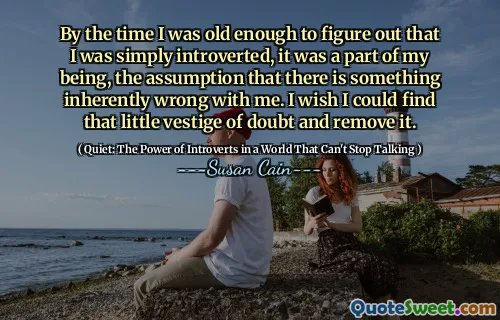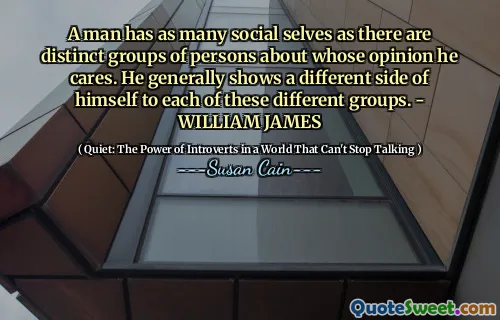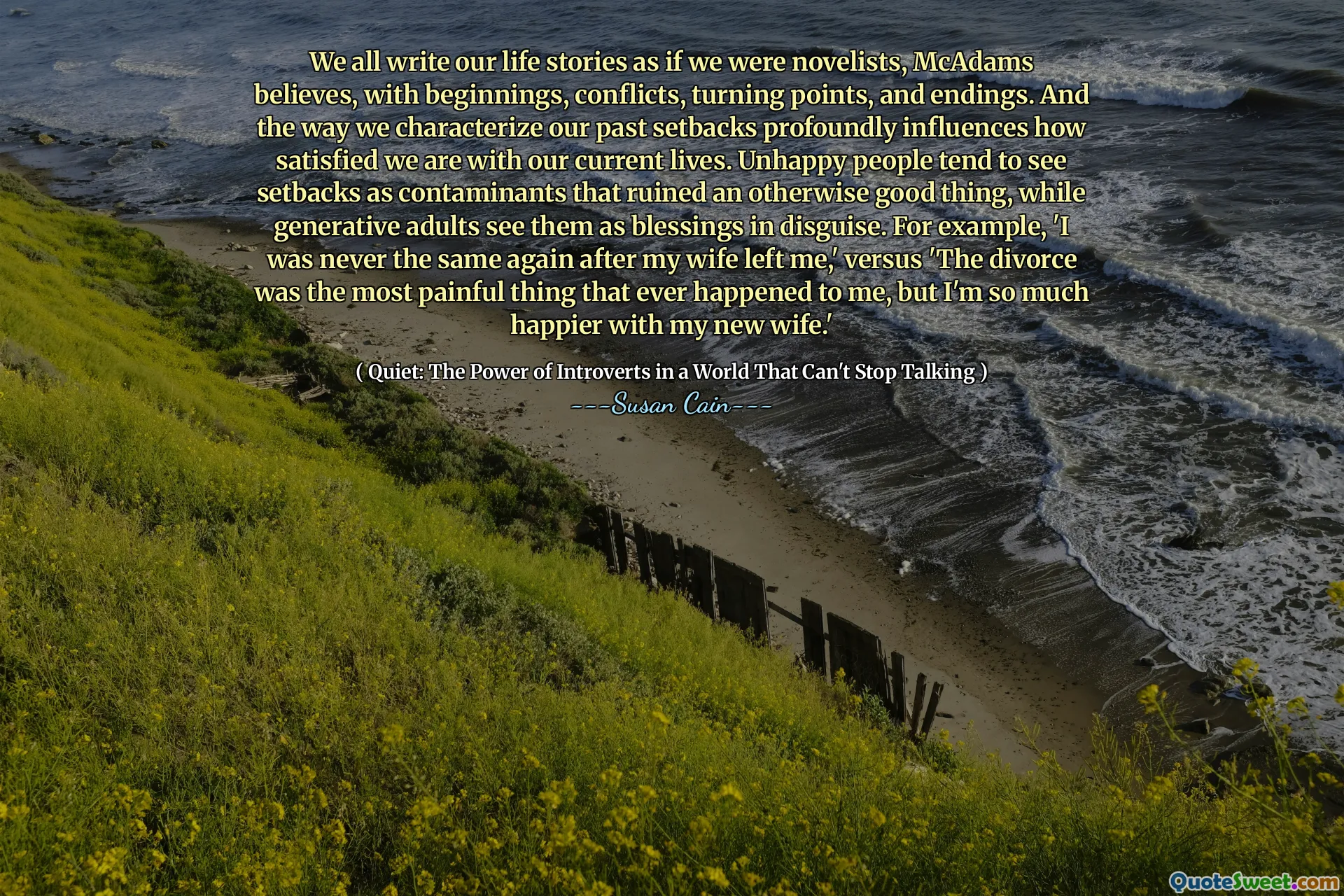
We all write our life stories as if we were novelists, McAdams believes, with beginnings, conflicts, turning points, and endings. And the way we characterize our past setbacks profoundly influences how satisfied we are with our current lives. Unhappy people tend to see setbacks as contaminants that ruined an otherwise good thing, while generative adults see them as blessings in disguise. For example, 'I was never the same again after my wife left me,' versus 'The divorce was the most painful thing that ever happened to me, but I'm so much happier with my new wife.'
This quote delves into the fascinating concept that our perception of life’s events significantly shapes our overall satisfaction and well-being. The idea that we construct our personal life stories much like novelists craft their narratives highlights the power of perspective and interpretation. When individuals face setbacks or hardships, their mental framing can either trap them in feelings of regret and failure or empower them to see these events as opportunities for growth and transformation.
Reflecting on this, it becomes clear that our internal dialogue and mindset are crucial in determining our emotional health. People who view difficulties as contaminants often struggle with unresolved feelings of loss, regrets, or bitterness, which can hinder their ability to move forward. Conversely, those who interpret setbacks as blessings in disguise tend to possess resilience and optimism, which facilitate healing and personal development. This mindset shift is transformative; it allows us to reframe our past experiences, not as immutable scars, but as chapters that added depth and meaning to our lives.
Moreover, the quote underscores the significance of narrative in identity formation. Our stories about ourselves influence how we see the world and our place in it. Embracing a perspective that recognizes growth from adversity can foster healthier mental states, encourage forgiveness, and promote a sense of purpose. In essence, by consciously choosing how to interpret our setbacks, we can actively craft a life story that emphasizes resilience, hope, and renewal, ultimately leading to higher life satisfaction and a more fulfilling existence.

